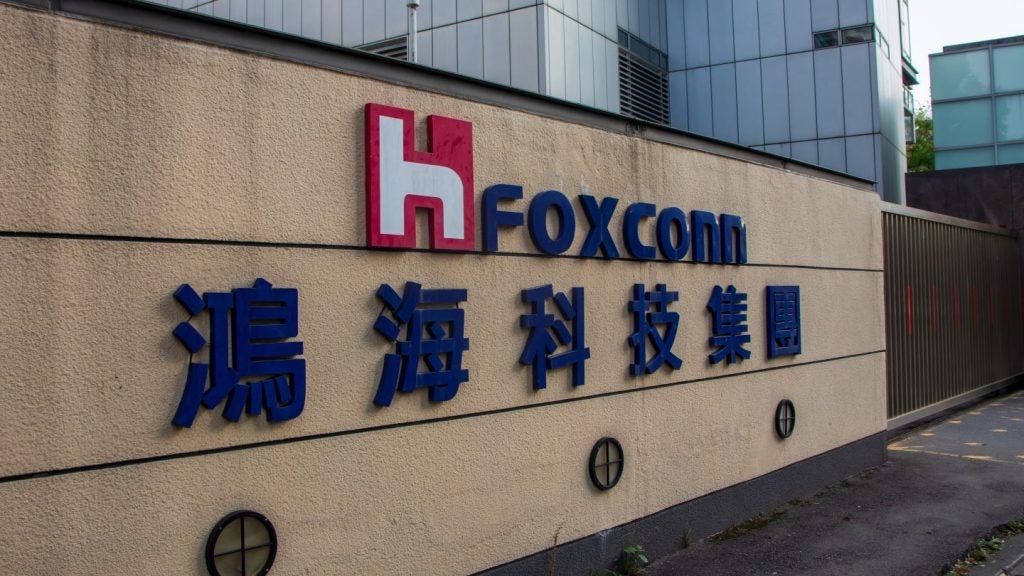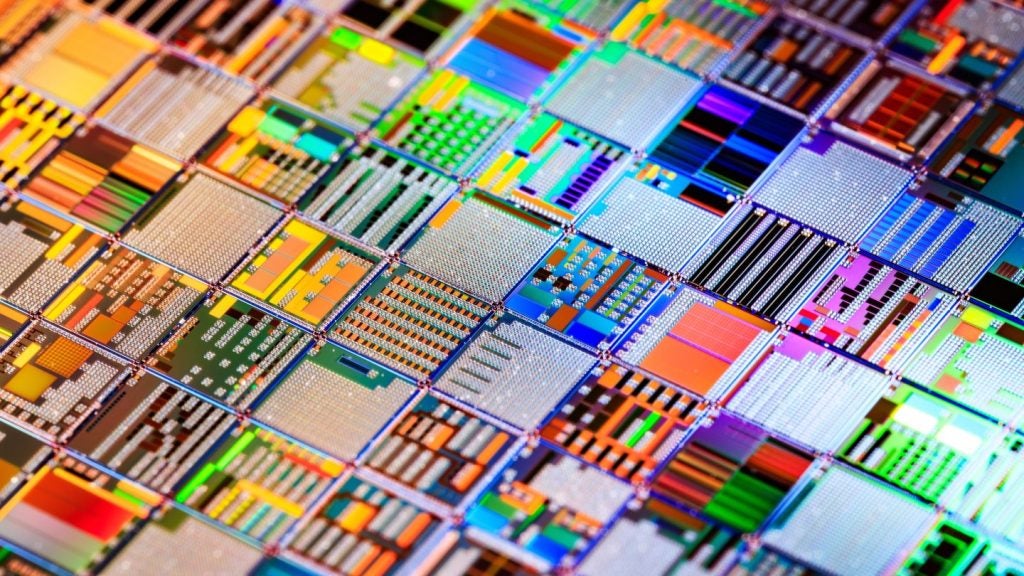
Wolfspeed, a US technology company, has suspended plans to construct a €3bn ($3.23bn) factory in Ensdorf, Germany, reported the Financial Times.
The decision is attributed to a slower than anticipated adoption of electric vehicles (EVs) in Europe, which has led to reduced demand for the silicon carbide chips that the factory was intended to produce.
This development follows closely on the heels of Intel‘s decision to delay its €30bn factory project in Magdeburg, Germany.
Both projects were central to Chancellor Olaf Scholz’s vision of transforming Germany into a major player in the global chip industry, supported by government subsidies.
The German government has not commented on Wolfspeed’s decision, directing inquiries to the company and its joint venture partner, ZF.
The European Union aims to double its global chip market share by 2030.
How well do you really know your competitors?
Access the most comprehensive Company Profiles on the market, powered by GlobalData. Save hours of research. Gain competitive edge.

Thank you!
Your download email will arrive shortly
Not ready to buy yet? Download a free sample
We are confident about the unique quality of our Company Profiles. However, we want you to make the most beneficial decision for your business, so we offer a free sample that you can download by submitting the below form
By GlobalDataThe EU’s concerns about supply chain fragility and reliance on Asian manufacturers have spurred efforts to boost local production.
Scholz’s government had also highlighted TSMC’s planned €10bn investment in Dresden, with additional commitments from NXP, Bosch, and Infineon.
The silicon carbide chips are commonly used in EVs, particularly in power electronics components such as inverters, converters, and on-board chargers.
The project located near the French border was initially estimated at around €2.7bn, with €515m in state funding—€360m from the federal government and €155m from the Saarland government.
ZF was expected to contribute €170mn.
In addition, Wolfspeed has cited sufficient capacity for the near future, improved productivity, and expansions in New York and North Carolina as reasons for the suspension.
The company remains optimistic about the medium- to long-term global market for silicon carbide semiconductors despite recent trends indicating a more modest increase in EV adoption.
In a statement, ZF refuted earlier claims that it was responsible for the factory’s postponement.







